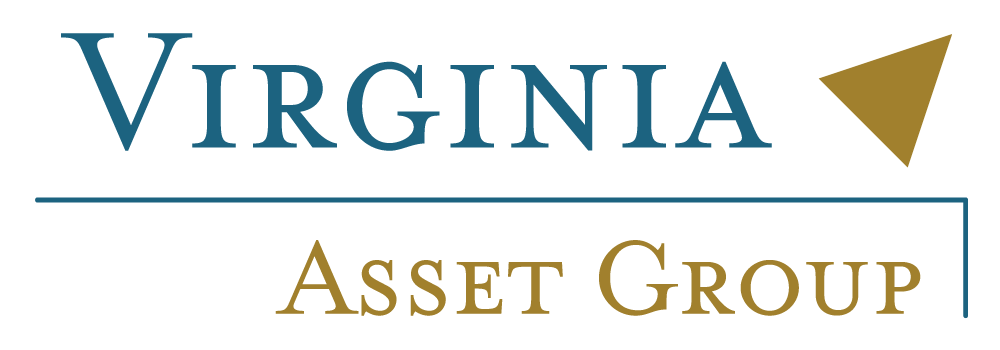- When You Should Consider Cash Value Life Insurance
- Which Type Is Best for You?
- Finding a Good Policy
- Cracking Open Your Insurance Nest Egg for Retirement
Cash value life insurance provides life insurance protection and can build future savings for your retirement. This type of life insurance is a combination of a death benefit coupled with a savings or investment account. Cash value life insurance includes whole life, universal life, variable life, and variable universal life. Remember, you are buying a life-insurance policy first; the savings portion is secondary.
IMPORTANT NOTE: Invest in a cash value insurance policy only if you need permanent life insurance protection. The primary purpose of life insurance is to pay benefits to your survivors, not to accumulate wealth. Cash value policies do have savings features, but rates of return are often sharply reduced by expenses, especially in the early years of the policy.
Cash value life insurance is for individuals whose spending priorities allow for additional funds to be committed to long-term savings. Consider investing in cash value life insurance if:
- You have maximized contributions to tax-advantaged retirement plans, including 401(k) plans, 403(b) plans, traditional and Roth IRAs, SEPs, Keoghs, and SIMPLEs.
- You don't expect to need the savings in your life-insurance policy for a long time—at least ten years or more. Many insurance policies are heavily front-loaded with company expenses and sales commissions, so you generally don't see much accumulation in the early years. If you cash out early, it can be quite costly.
- You can afford all the insurance protection your family needs. When you're younger, premiums on cash value policies are higher than term insurance for the same level of coverage due to the savings component. Buy the amount of insurance you need. But don't sacrifice lower coverage just for the savings; if you can afford only term insurance, buy term insurance.
- You find a policy that is reasonably priced, gives you a good investment return, and offers high cash value right from the beginning. This means you find a policy with unusually low sales expenses. See the section Finding A Good Policy.
When selecting cash value life insurance, you need to decide which type is best for you. You then need to find a good policy. Down the road, you will need to decide if and when you will crack open your insurance nest egg.






